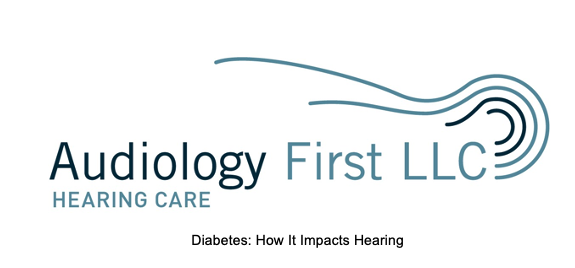No Tricks, Just Treats: Why Hearing Aids Are Nothing to Fear
Have you ever been in a situation where you completely misheard something


Have you ever been in a situation where you completely misheard something

Many of us are looking ahead and starting to plan trips for the spring and

The hustle-bustle of the holiday season is upon us! Stores are playing